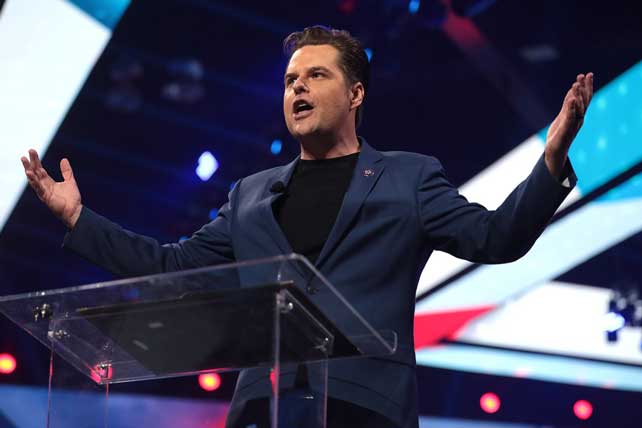Stay. You are beloved.
Jesus, our Ascended Lord and Shepherd of our souls knows you, sees you, and loves you. (Smile.) You are the cared-for, belong-to, and ever-seen child of God. Take a deep breath; you are the beloved of the Beloved.
That little girl, that little boy, wrapped in securing, settling Love. That is you.
Stay there with me for just a moment longer, if you would. You are beloved. I am beloved. We are beloved. We must stay for a moment more to truly hear it. You might join me in saying this out loud to drink it in:
“I am my Lord’s beloved;
it is my only, purest, and most essential identity.
I am my Lord’s beloved.”
Ephesians 3:14-21 will always be worth returning home to again and again until we pass from this life into light everlasting. Staying in that place is not easy. If your life is like mine, you have many invitations coming to the door of your heart to leave that place every day.
Some invitations are surreptitious and insidious, while others are overt and aggressive. Some surprise us; we see them as they are, and we make a clear choice.
And some invitations are those to which we continually open ourselves by malformed habits directed by disordered desires that need tending and redirecting every day.
Our hearts are a garden. What did we expect?
We water and we weed. We must, for life to flourish in the little plot we call our one, wild, precious life (Mary Oliver). The Spirit helps us in our weakness (Romans 8:26)—but the Spirit does not do all the work.
We follow, and the Spirit helps us. The Spirit helps us, and we follow.
Following Jesus will always involve building habits of resistance as well as habits of presence. To disregard either will derail us in our emotions and our thinking over time.
We have straight-up spiritual work to do, habits to cultivate and reinforce our staying in Christ. If not, we drift. Oh, we drift. So easily. I drift.
Stay: You are Beloved
We can’t blame life or God for everything disrupting our souls when we consistently make choices that uproot us from our belovedness, from our intimacy, with our Lord.
The Holy Spirit within us is not daunted, surprised, or anxious about the narratives unfolding in our time. The Prince of Peace transcends them, as always, and will accomplish His purposes in and through us as faithful women and men and children, His covenant followers—purposes that span all generations of human history and the history of the cosmos beyond us.




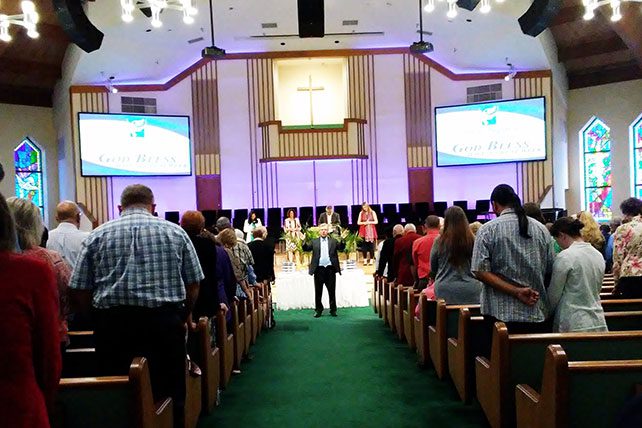



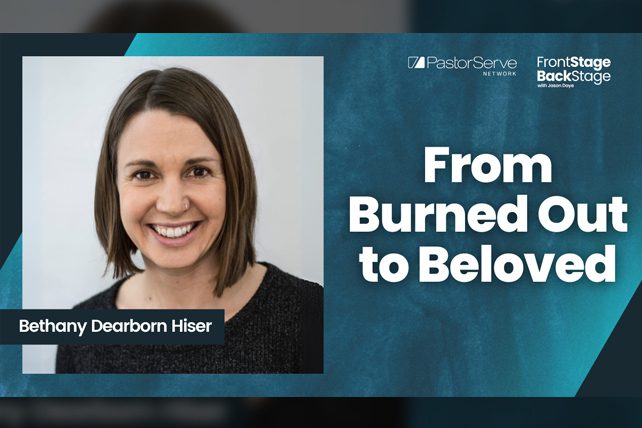
 As pastors and ministry leaders, how can understanding our own journeys better ensure that we are serving from a place of healing rather than exhaustion, burnout, or pain? In this week’s conversation on FrontStage BackStage, host Jason Daye is joined by Bethany Dearborn Hiser. Bethany is the Director of Soul Care for Northwest Family Life. She’s a bilingual social worker, chaplain, and pastoral advocate who has served in a variety of ministry and social service settings. Her new book is titled, “
As pastors and ministry leaders, how can understanding our own journeys better ensure that we are serving from a place of healing rather than exhaustion, burnout, or pain? In this week’s conversation on FrontStage BackStage, host Jason Daye is joined by Bethany Dearborn Hiser. Bethany is the Director of Soul Care for Northwest Family Life. She’s a bilingual social worker, chaplain, and pastoral advocate who has served in a variety of ministry and social service settings. Her new book is titled, “
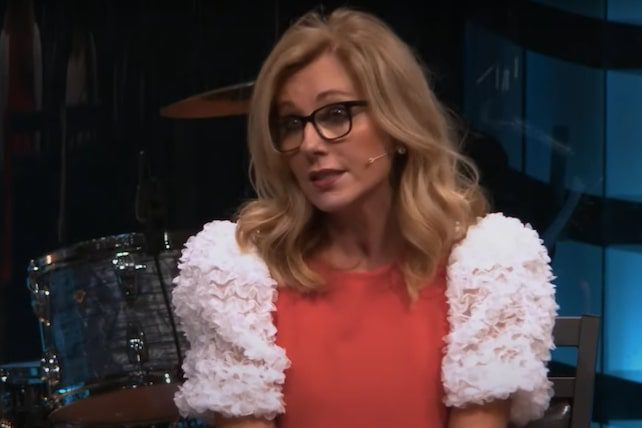
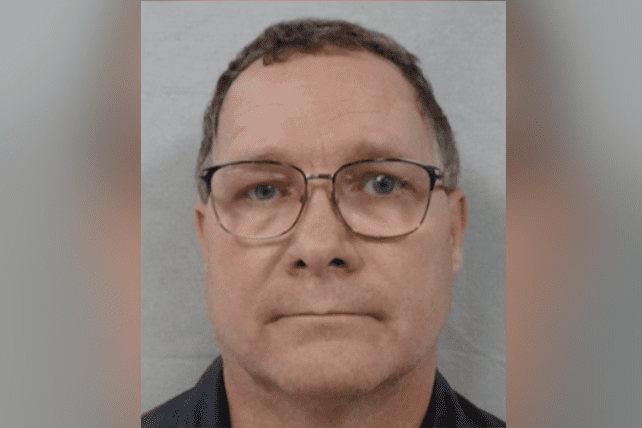


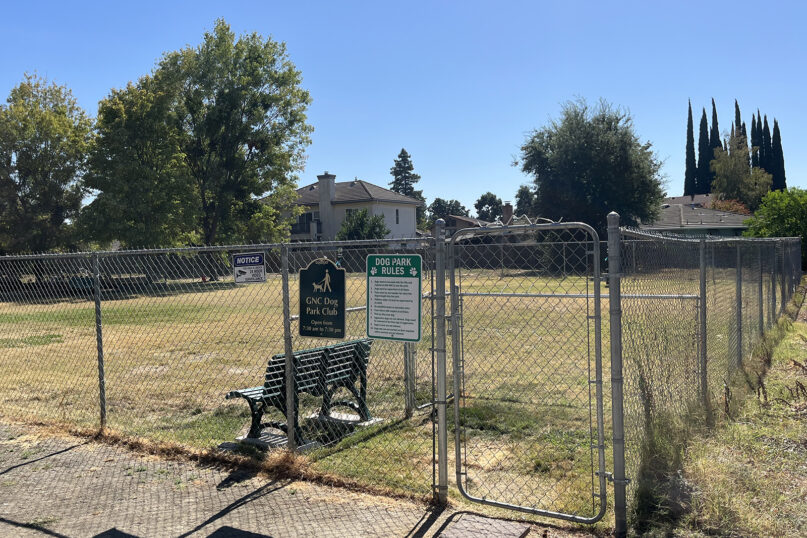






 For millennia, the Christian faith community has been a sanctuary for the brokenhearted, a place where suffering finds solace and hope. In contrast, the scientific study of human
For millennia, the Christian faith community has been a sanctuary for the brokenhearted, a place where suffering finds solace and hope. In contrast, the scientific study of human 